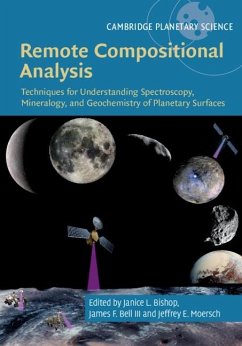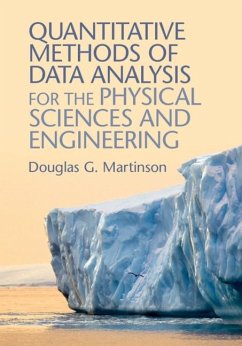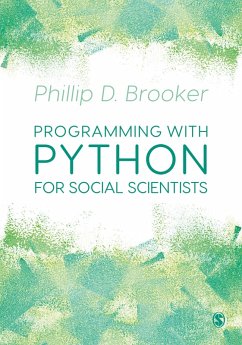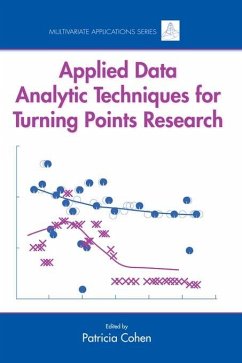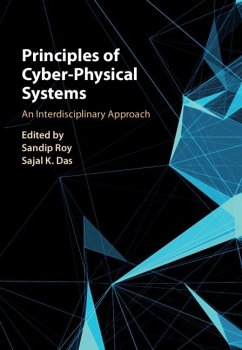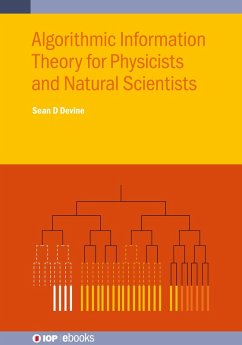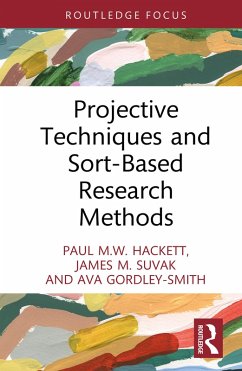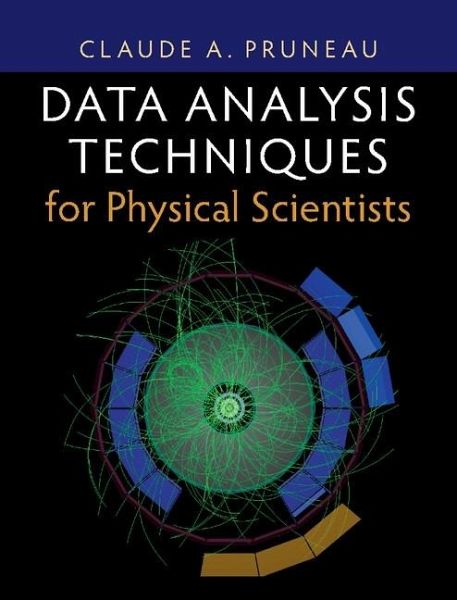
Data Analysis Techniques for Physical Scientists (eBook, ePUB)
Versandkostenfrei!
Sofort per Download lieferbar
54,95 €
inkl. MwSt.
Weitere Ausgaben:

PAYBACK Punkte
27 °P sammeln!
A comprehensive guide to data analysis techniques for physical scientists, providing a valuable resource for advanced undergraduate and graduate students, as well as seasoned researchers. The book begins with an extensive discussion of the foundational concepts and methods of probability and statistics under both the frequentist and Bayesian interpretations of probability. It next presents basic concepts and techniques used for measurements of particle production cross-sections, correlation functions, and particle identification. Much attention is devoted to notions of statistical and systemat...
A comprehensive guide to data analysis techniques for physical scientists, providing a valuable resource for advanced undergraduate and graduate students, as well as seasoned researchers. The book begins with an extensive discussion of the foundational concepts and methods of probability and statistics under both the frequentist and Bayesian interpretations of probability. It next presents basic concepts and techniques used for measurements of particle production cross-sections, correlation functions, and particle identification. Much attention is devoted to notions of statistical and systematic errors, beginning with intuitive discussions and progressively introducing the more formal concepts of confidence intervals, credible range, and hypothesis testing. The book also includes an in-depth discussion of the methods used to unfold or correct data for instrumental effects associated with measurement and process noise as well as particle and event losses, before ending with a presentation of elementary Monte Carlo techniques.
Dieser Download kann aus rechtlichen Gründen nur mit Rechnungsadresse in A, B, BG, CY, CZ, D, DK, EW, E, FIN, F, GR, HR, H, IRL, I, LT, L, LR, M, NL, PL, P, R, S, SLO, SK ausgeliefert werden.




